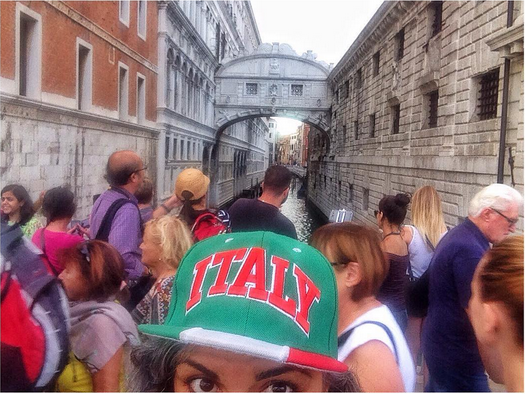This post is also available in: Italian
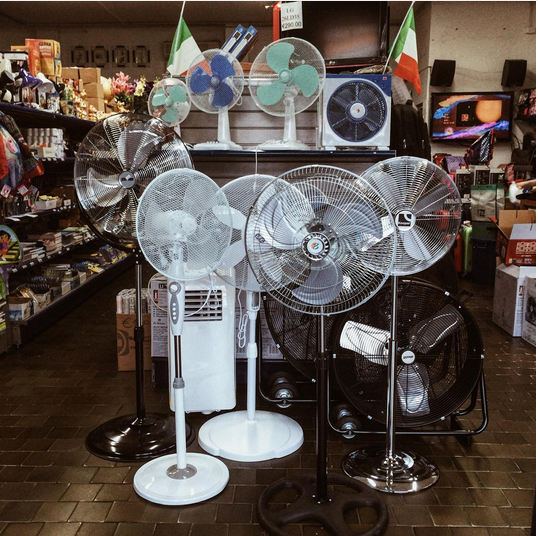
I I have a friend who works for an international organization in Rome. Her family is from Iran, she was born in Mississippi, USA, and studied in Paris. This might be an interesting story on its own, but I won’t tell it, for this column will be about Italy and this is not an Italian story.
The Italian feature of my Iranian-American-Parisian friend’s matter lies in the fact that, in this period of her life, she’s ended up living in a Rome neighborhood called Monti, or rather RIONEMONTI, all written as one word as it sounds characteristic, just like those red and white checked tablecloths you usually see in trattorias where, despite it all, you end up paying 12 euro for a pasta alla gricia plate.
RIONEMONTI, then, as an example of many other neighborhoods in the center of other big cities.

This international organization often sends my friend to some far land in the so-called Third World, from which she often returns as a winning immune carrier of some exotic disease, so she gets interned in some sinister ward of some Roman hospital, in which nobody’s able to tell her – in any of the languages she speaks – how long she will stay there and why exactly. So it always ends up with her desperately calling and asking me to get in touch with our chloroform-scented Welfare, that nearly scares her as much as African mosquitoes do. But this is another story, too – and it’s an Italian one -, yet it’s not my intention to go into a detailed description of the communication issues of the public services in our Bel Paese. Not in this context, at least.
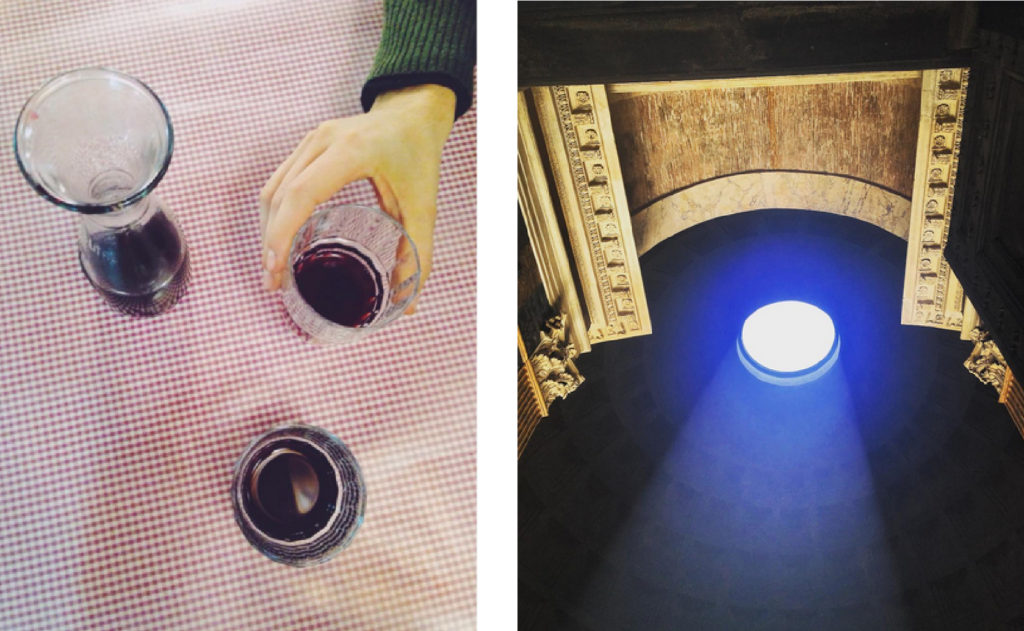
“What did you want to tell us about, then?”, groans the unpleasant reader, just like a child who goes: “Daddy, daddy, how long before we arrive?”, missing the beautiful landscapes that flow out the car window and letting them vanish without listening to them. I meant to talk, dear Tom, Dick and Harry, about the fact that, when my friend leaves for these stunning trips looking for malaria, she’s away for months and entrusts me with her RIONEMONTI apartment, which I use mainly to rent it to tourists – whenever possible.
This unexpected, irregular, lovingly carried out landlady activity threw me into the everyday universe of this neighborhood in the old part of my city, which I used to know only for its predictable nightlife made of small bars, billiards tables, terrace parties, exhibitionistic nights at the square, well-off, drunk youth and happy, cheated tourists. Matter of fact, living in RIONEMONTI today is – for both the average and average-high Italian type – a nearly impossible experience to deal with on a financial level, unless one inherited an apartment from their grandfather. For this reason, during working hours the neighborhood, which is luckily and sadly the first built up area of visually graceful buildings and small streets into which the tourist bumps – once he’s pruned the mangroves in the jungle of railway Termini Station with a knife -, the neighborhood gets populated by alien figures who definitely belong to this crazy era: on one hand they fight against the typical and popular idea of the above-quoted checked tablecloth, on another hand they give birth to unbelievable situations that are extraordinarily in line with our times, as they’re crazy, messy, speedy and fleeting, apparently random, poorly managed, occasionally desperate, often illegal, alive, real, and very very interesting.
In my mind, the new neighborhood residents look like those sticky characters of a peel-and-stick album you used to take from the first page as a child; then, you could stick them on other badly drawn surfaces in which all proportions and perspectives turned out to be wrong, and those poor figures looked like runaways.
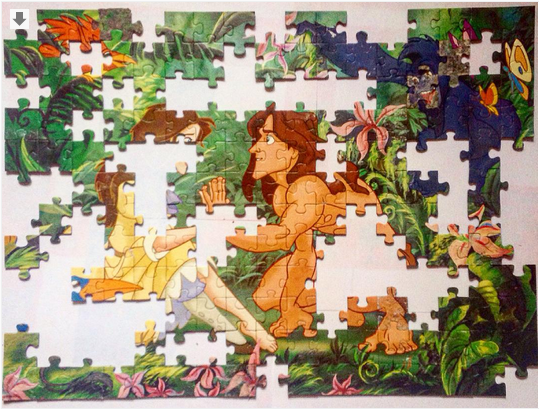
Among the aliens who live in RIONEMONTI, I tracked down some typical creatures of the great recession of 2008. I’ll scatteredly list them below: :
- Small-sized dogs walked by small-sized butlers who aren’t their owners;
- Garbage bags containing B&B spare sheets, walked by the back of some fast and all-around small man from South America or Philippines, or – warning: new entry – some Italian freelance or part-time worker who does that in order to round off their income. I’m actually part of this category, even though I thought I was a rare gem, but I’ve happened to meet – and this surprised us all – some acquaintance of mine with whom I exchanged some astonished opinions and bitterly took great pleasure in the state of our encounter; afterwards, while laughing about it, we went to the only filthy, typical bar in the whole neighborhood, and had some juice;
- Little Indians – maybe ten, maybe more – who run a laundromat and totally adjusted to the rhythms and manners of Roman humour; five or six years from now, it’s likely that only the clients who look good in their opinion will be allowed to step in, just like those old restaurant owners used to do in Trastevere and Testaccio;
- First World natives who come to Rome thanks to Anita Ekberg’s “Marcello, come here!”, but they end up living in RIONEMONTI leading a lifestyle that nobody from Rome would lead, like when we move to Cairo and end up in Zamalek, eating on the hotel rooftop and speaking many kinds of broken English with reporters and diplomats.
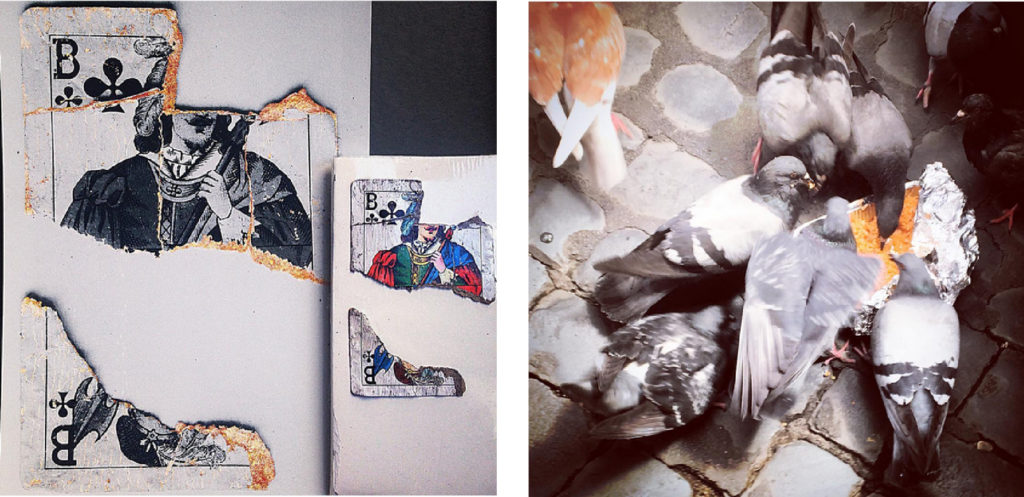
Actually, my Iranian friend tells me all the time that she’s happy we met, for I show her what real life in Rome looks like. The first time I took her to Centocelle, she told me: “Oh, this is so nice, here’s the real people!” In conclusion, she pretty much looks at me as if I were from a Cairo kasbah, as well as I see her as a window that shows life in a neighborhood in the center of my city, which today looks like Williamsburg, Brooklyn, served up in a pecorino sauce.
No matter how bizarre its dynamics is: this cultural exchange perfectly worked out.
Lavinia Parlamenti / Everyday_Italy
#erasmus #emigrazione #generazioni #glocalizzazione #bauman #centristorici #neotipico #expats #ricchiepoveri #aliens # trasformers #2016 #everyday_italy
